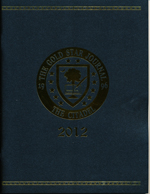Editor-in-Chief
- Mark G. Shaw, 2012, Civil and Environmental Engineering Major.
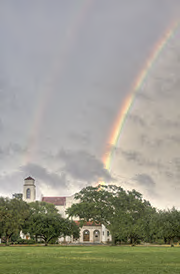
The Editors
- Lance C. Braye, 2013, Biology Major and Health Minor.
- Ryan J. Boodee, 2014, Physics Major.
- Stiles M. Harper, 2013, Biology Major.
“The Editors of The 2012 Gold Star Journal dedicate this year’s journal to Mr. Kevin L. Metzger, in honor of his commitment to our school, his aid in the promotion of our name, and ultimately the continuation of our legacy. Without his valued direction and continued instruction, the sophisticated nature of this journal would not have been possible. Mr. Metzger’s history at The Citadel has proven his dedication and desire to recognize and to promote excellence in all fields of academia. This passion is one not only to be appreciated, but also emulated as we seek to maintain The Citadel’s reputation as one of the overall top colleges in the nation.”–The 2012 Gold Star Journal
To view the entire 2012 edition, click this link or the cover above.
Best Overall Paper
“Dark Themes In “A Clean, Well-Lighted Place”, Robert P. Keener III, Class of 2014, Political Science Major.
Throughout his life, Ernest Hemingway wrote stories of adventure, romance, and tragedy. What gave his characters and situations enough depth to not only be believable but human was that they were often based on either real people or real people’s composites. This concept takes a much darker purpose after reading a short story by Hemingway, where all the characters are based on himself. The purpose of this paper is to analyze how a short story exhibits a twenty-seven year old Hemingway’s thirst for personal balance, the progression of his alcoholism, and the uncanny prediction of his death. The evidence is in one of Hemingway’s darkest stories, ironically named, “A Clean, Well-Lighted Place.”
Best Photograph
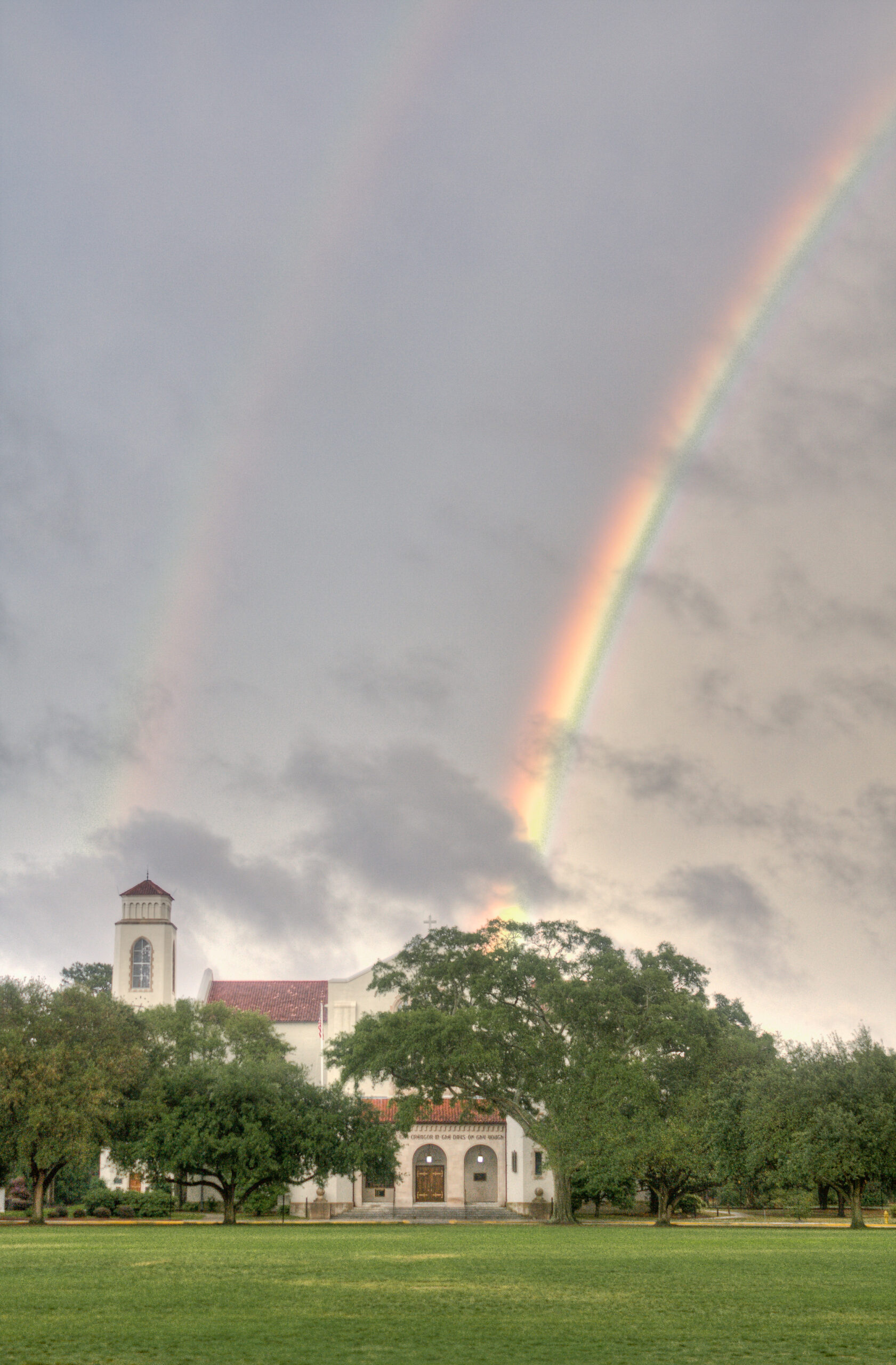
Summerall Chapel
Matthew L. Herold
Class of 2012
Electrical Engineering Major.
Featured Papers
“John T. Scopes and The Trial of The Century”, Matthew E. Selmasska, Class of 2012, Political Science Major.
Though the issue of Evolution has lost a portion of its contentious nature, it remains one of the most defining social issues in America. Today public schools are required to teach both it, and Intelligent Design, but of course things were not always this way. Evolution was one of America’s first struggles with secularism, and the Scopes trial of 1925 provided a ripe opportunity for conflict. Civil libertarian Clarence Darrow faced off against liberal Democrat Williams Jennings Bryan, and the two represented the passions of the American people of the time over the divide between reason and religion. The Scopes trial brought this debate to the forefront of the nation.
“Casus Belli: Surface Events and Foundational Motivations in America’s Entry into WWI”, Franklin S. McGuire, Jr., Class of 2014, English Major.
One of the great questions of American history is how a nation that was as thoroughly committed to neutrality and isolationism as America in 1914 found itself fully engaged in the blood and violence of the Great War just three years later, in 1917. This study employs a variety of primary sources from speeches to newspaper articles in addition to scholarly works on foreign relations, sociology, and history to help paint a picture of America in the early days of World War I and show how and why isolationism morphed into interventionism. It explains the philosophies of Progressivism and Wilsonianism and the key events of the prewar era, and shows how those events ignited the already potent mix of emotion and idealism that would very quickly lead to the explosion of war in 1917 with Woodrow Wilson’s declaration of war on Germany- a signal moment in American history that would change the outlook and mentality of the nation forever.
“Facing The Fallen Angel in The Mirror”, Lance C. Braye, Class of 2013, Biology Major.
Since the beginning of time, the most vilified being has been the satanic figure. Contrary to the aspirations of religious human beings and their monotheistic deity, the fallen angel has long been a figure personified in mortal misdeeds and brought to life in mortal minds. Over time, the concept of the head demon has gone from ugly horns and hooves to sexy power and humanity. What exactly does this shift mean? That as mankind has struggled with its main adversary it has come to realize they may be one and the same.
“The Role of Steiner’s Tragic Vision in Greek and Roman Literature”, Jane Ma, Class of 2015, Biology Major.
George Steiner argues for the concept of a Tragic Vision: an inevitable pull away from the “spheres of reason, order and justice…which are terribly limited” and towards a tragic end. This paper examines the varying degrees of relevance of this idea to several works of Greek and Roman literature.
“The Cherokee War: Colonial and Indian Conflict”, John J. Riser, Class of 2012, Biology Major.
The Cherokee Indian War is one of the bloodiest conflicts in American history. Despite the carnage that took place in the South Carolina back country during the late 1700’s little interest regarding the war is shown by historians. For this reason the horrors and the events throughout the conflict are largely unknown to most Americans. While most view the Revolutionary War as the first time guerilla warfare was used in the United States, many people fail to reflect on where this style of fighting was born. In this paper the cause of the Cherokee War, and the evolution of the barbaric style of fighting we call guerilla warfare is identified.
“A Revolution Worth Stirring”, Christian V. Jack, Class of 2012, Business Accounting Major.
“Every generation needs a new revolution.” It is a statement most eloquently coined by The Sage of Monticello, but to faithfully dub The Arab revolution of 2010 as a renaissance would be far-fetched in an academic sense, but it certainly conveys, conceptualizes, and characterizes, a “rebirth” of democratic ideals, and most importantly the notion that in the 21st century the will of the majority is still governed by the majority, and not solely by an executive body. In regards to the spread of the revolutionary fervor, scholars and historians could certainly argue that social media played an effective role in establishing the presence of the revolution across the computer screens of the wets; however, it would be a limited argument in characterizing the “rebirth” as a product solely comprised of social media applications such as YouTube and twitter. One should acknowledge that certain past and present variables are essential inputs that ultimately factored into a global revolutionary equation.
Featured Photographs
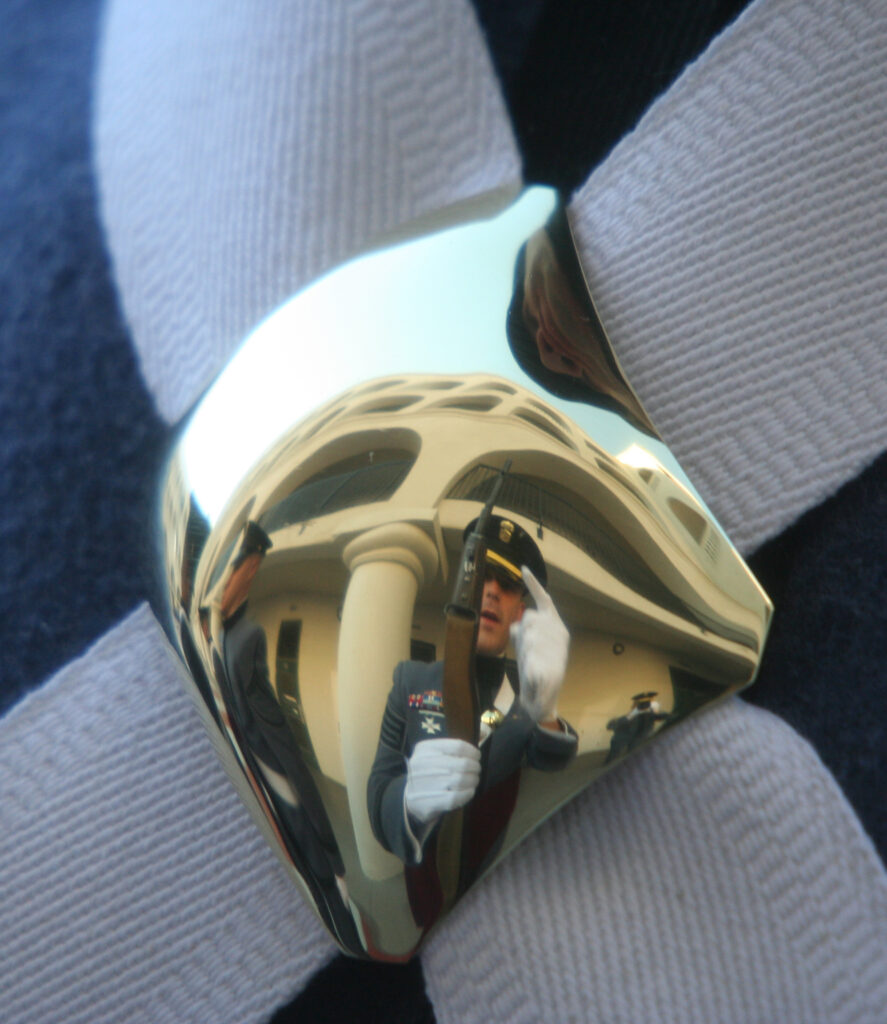
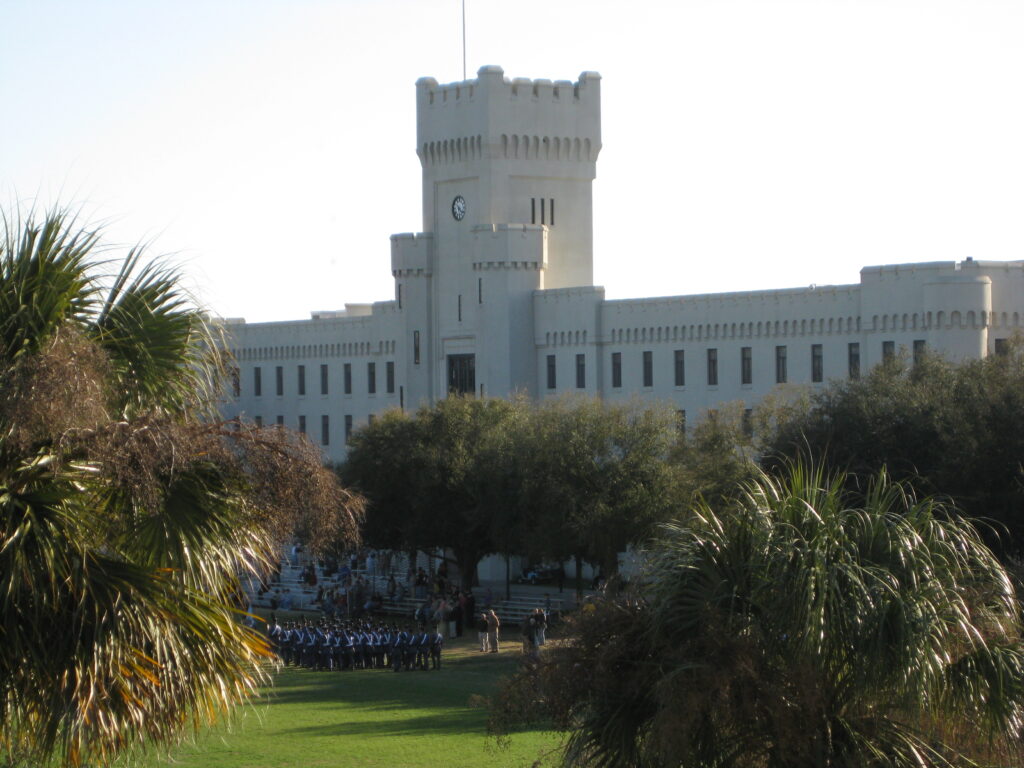
Untitled
Suzanne T. Mabrouk, Chemistry – Untitled
2012 Edition Donors
The 2012 edition was made possible by donations from the following individuals and groups:
- The Citadel School of Engineering and The Bernard Gordon Foundation
- The Citadel School of Science and Mathematics
- In Memory of Charles Jumper, Chemistry Department 1962-1992
- Mrs. Debbie Fisher, JTS
- Dr. Suzanne T. Mabrouk and Mr. Stephen S. Jones
- Mr. Daniel J. Vallini, ’95
- Mr. Thomas B. Porter, ’97
- Mr. Matthew T. Coggins, ’99
- Mr. John P. Nickles, ’03
- Ms. Johnsie E. Bohachie, ’04
- CPT Raymond A. Kuderka JJJ, USA, ’07
- Mr. Mary C. Park, ’07
- LTJG Richard J. Terrio JJ, USN, ’07
- Mrs. Heather J. Glover, ’08
- Mr. Noah J. Jentzen , ’08
- Mr. Dewitt M. Jones, ’10
- Mr. David T. Lake, ’10
- Mr. Mark J. DeOgburn Jr., ’11
- Mr. William B. Madsen , ’11
- Mr. Alexander Pigott, ’11

